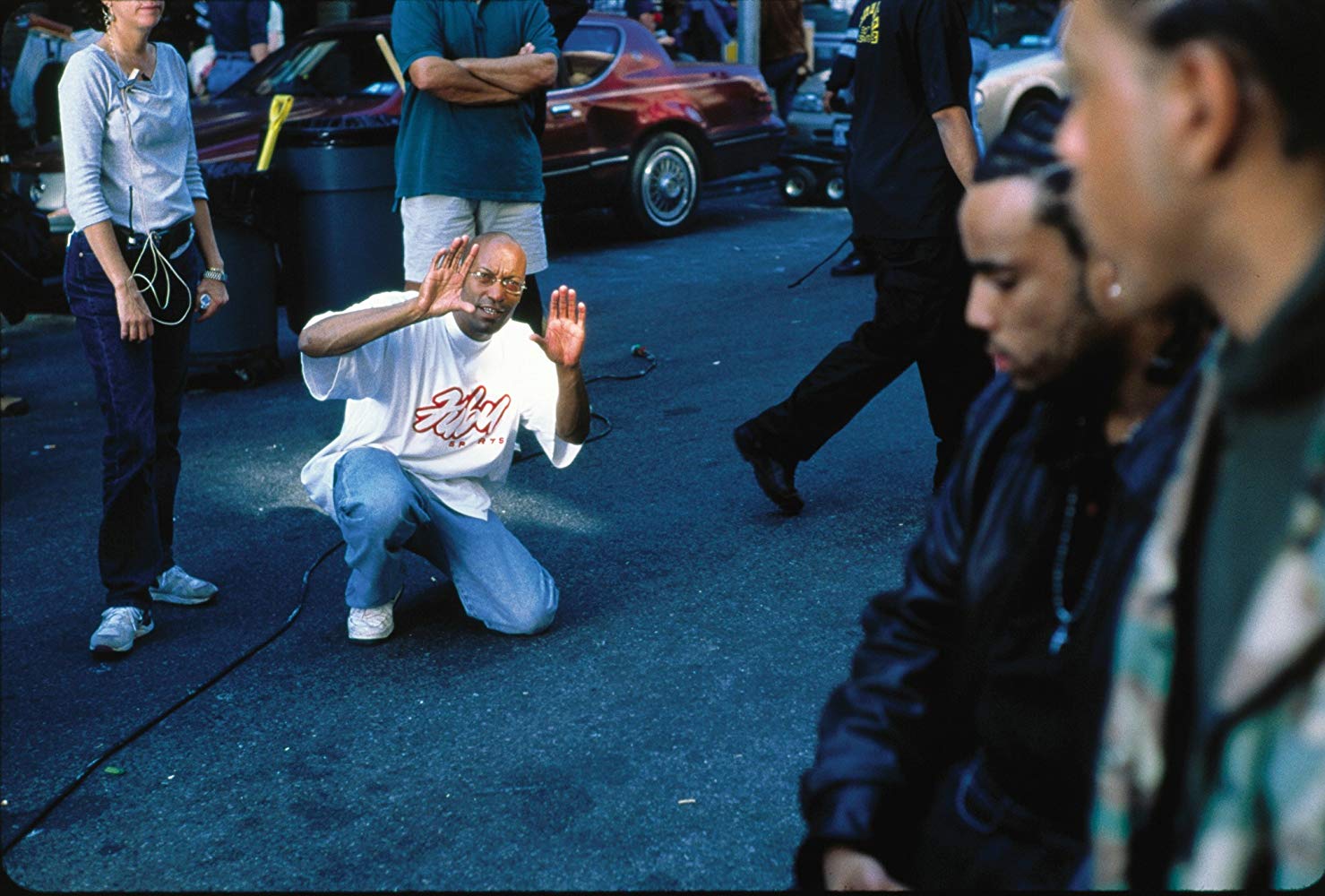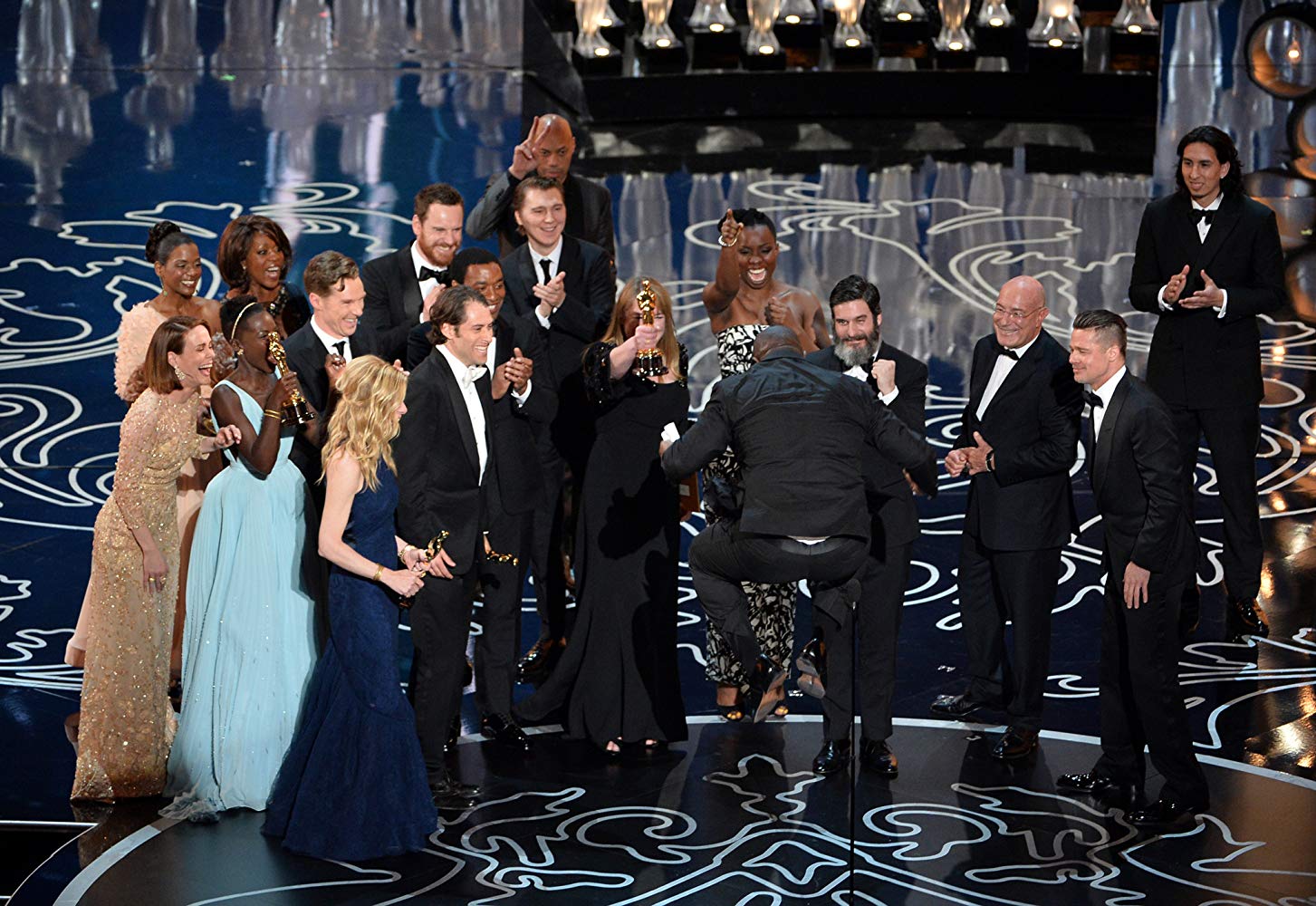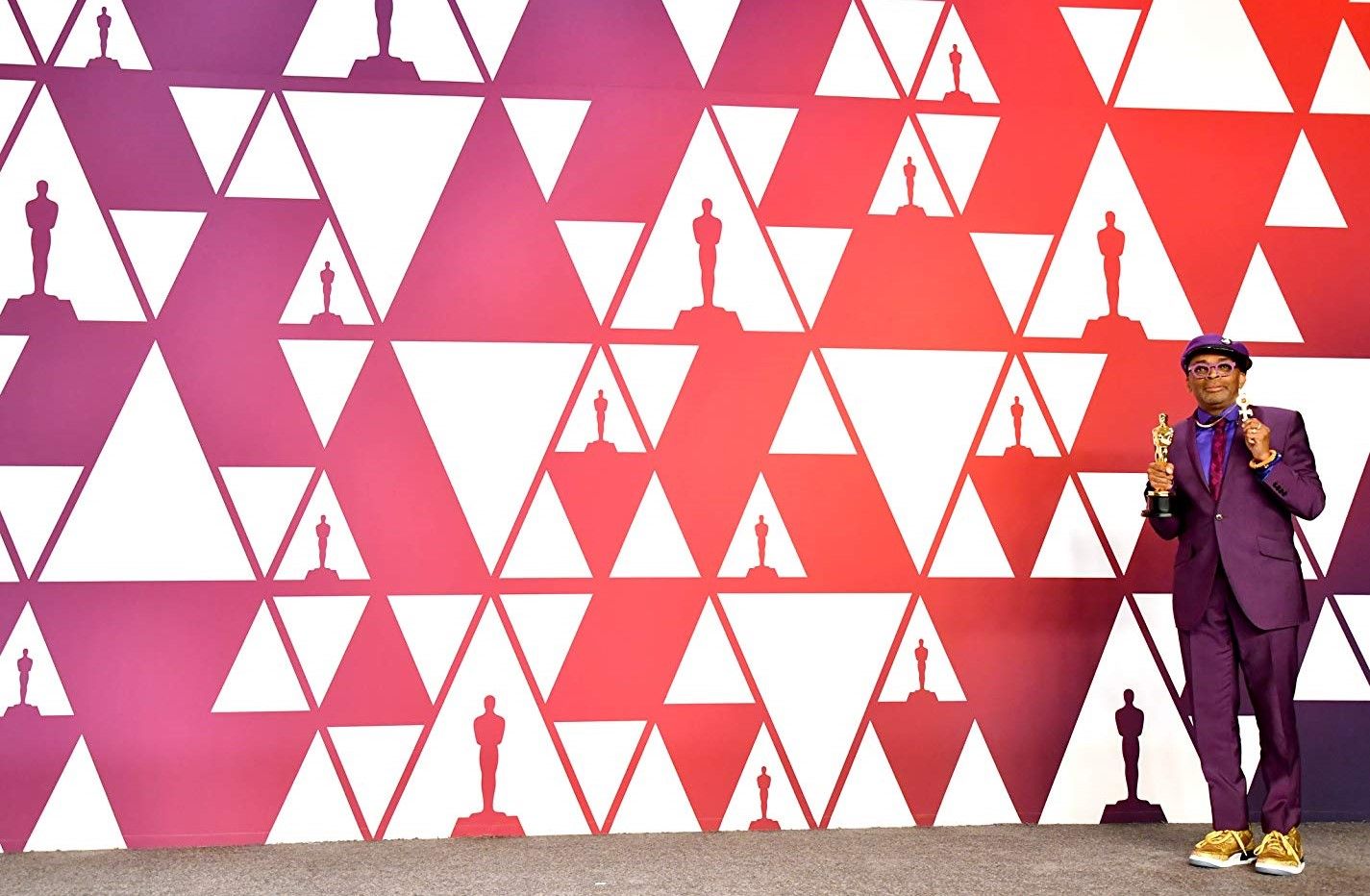By Gruff Kennedy, Third Year, English
Only six black directors have ever been nominated for an Academy Award for Best Director. Considering whether or not any of them should have won is, to be frank, outside of the purview of this article - but each film has a place in the history of black cinema.
1. John Singleton, Boyz n the Hood (1991)
Singleton holds the dual distinction of being both the first black nominee for Best Director, and the youngest person ever nominated in the category, at the age of 24. Astonishingly, Boyz n the Hood was also his directorial debut, based on a script he wrote as part of a film school application.
Everything about the film screams early 90s. Star roles are taken by Cuba Gooding Jr, Angela Bassett, Laurence Fishburne, and Ice Cube. Fishburne’s character, Furious Styles, is prone to didactic lectures on the value of hard work and responsibility, and its depiction of the tragic consequences of gang violence may feel a little melodramatic at times, but Boyz n the Hood is truly, grittily real.

Singleton based the film on his own life, and shot it on the streets that he grew up on. He fiercely protected his film, refusing to let ‘somebody from Idaho or Encino direct this movie’. He cast people who’d had the same experiences - sometimes pulling them straight off the streets of LA - and he ensured that every aspect of the film was true to a black community in need of honest representation.
The result is masterful. It tackles gentrification, gang violence and the problems faced by impoverished black communities with nuance, empathy and panache - making Singleton’s name as a bright new voice in black filmmaking.
Singleton ensured that every aspect of the film was true to a black community in need of honest representation
2. Lee Daniels, Precious (2009)
Daniels’ film, a harrowing portrait of despair and abuse in late-80s Harlem, remains controversial to this day. Critics such as Roger Ebert praised the star-making performance of Gabourey Sidibe and Mo’nique’s powerful turn as an abusive mother, but Precious was no unanimous masterpiece.
I’ll never forgive Lee Daniels for making Precious😒
— BLACK mixed w/ BLACK (@black_mixed) August 11, 2019
Armond White wrote an excoriating review for The New York Press, slating the film as ‘demeaning the idea of black American life’, casting ‘light-skinned actors as kind… and dark-skinned actors as terrors’. Though often White seems to enjoy playing the contrarian, here his points land - especially his assertion that ‘black pathology sells’. Precious is worth a watch, but it is an uneven and bleak film which doesn’t bear repeat viewing, and its depiction of black family dynamics is deeply polarising.
3. Steve McQueen, 12 Years a Slave (2013)
Another bleak historical black drama in a period seemingly suited to them. McQueen, already a highly respected filmmaker, became the first ever black director to win Best Picture with this release.
12 Years a Slave is a historical drama based on the 1853 memoir of Solomon Northup: a free-born black musician kidnapped and sold into slavery in Louisiana. The film has an all-star cast and was shot in genuine historic Antebellum plantations, cleaving to the conventions of historical drama while telling a heartrending story of injustice. This was a film that resonated strongly in 2013, the year that saw #BlackLivesMatter arise in response to the acquittal of George Zimmerman in the shooting of Trayvon Martin. A good film, but not a revolutionary concept.

4. Barry Jenkins, Moonlight (2016)
Jenkins’ film is a message of quiet hope for all young black men, gay or otherwise, and a masterpiece of cinematic storytelling
Moonlight in contrast, is groundbreaking. Jenkins’ adaptation of Tarell McCraney’s play, In Moonlight Black Boys Look Blue, is a challenge to outdated conceptions of black masculinity. The film is phenomenally inventive, examining such difficult subjects as gender performativity in black men and the unique problems of growing up queer in a poor black community. Jenkins, like Singleton before him, chose to film in areas like those in which he grew up, and to portray people and events like those from his childhood.
This fundamental authenticity shines through. Moonlight is a dreamy, vividly shot film, with strong elements of magical realism, but one which never loses track of its roots. Mahershala Ali’s empathetic drug dealer Juan tells young protagonist Chiron that 'There are black people everywhere… We was the first on this planet'. Jenkins’ film is a message of quiet hope for all young black men, gay or otherwise, and a masterpiece of cinematic storytelling.
Spike Lee is relentlessly original and utterly unafraid to speak
5. Jordan Peele, Get Out (2017)
Comedy veteran Jordan Peele’s directorial debut, it mixes the shocks and trippy imagery of an outsider psychological horror with a scathing examination of the ‘post-racial’ politics of the Obama era. Previous films in this list, including even Moonlight, mostly focused on black issues or historical white oppression, and did not directly criticise their own audiences. Get Out, in contrast, deftly deconstructs the hidden racial biases held by people who, as one character memorably asserts, ‘would have voted for Obama again’ if it were possible. A must-watch.

6. Spike Lee, BlacKkKlansman (2018)
Spike Lee is relentlessly original and utterly unafraid to speak. This is an unapologetically political film. It begins with a satirical racist screed over footage of wounded Confederates in the streets of Atlanta ripped from Gone With the Wind (1939), and ends with footage of the 2017 Charlottesville car attack, coupled with Donald Trump’s infamous ‘both sides’ speech.
Though the film itself has strong comedic elements - being based loosely on the true story of Ron Stallworth, the black police officer who infiltrated the Klan - those two bookmarking segments remind the audience of historical racism and its continuation today. Lee’s latest is a funny and biting satire which is brilliantly aware of its place in the history of US race relations.
This article is part of Epigram Film & TV’s Black History Month coverage. Over the course of the month, we will be featuring stories of pioneering black figures in cinema and highlighting some must-watch pieces of black cinema.
Featured: IMDb / Jeff Kravitz
Which iconic black directors do you think are missing from this list?








